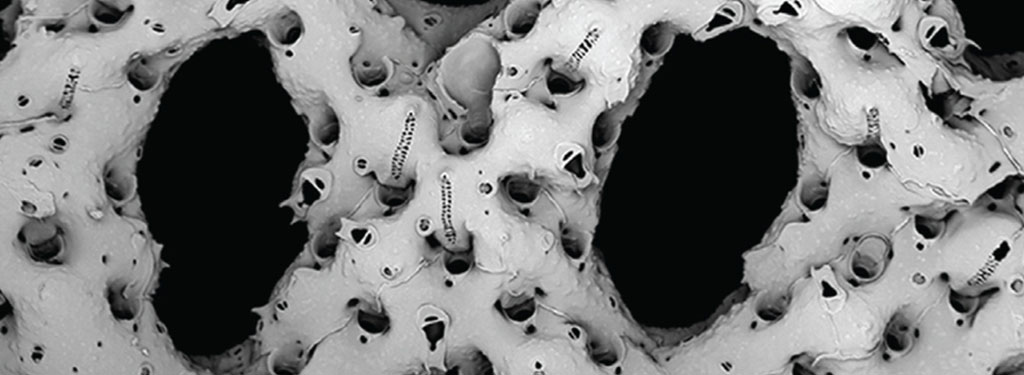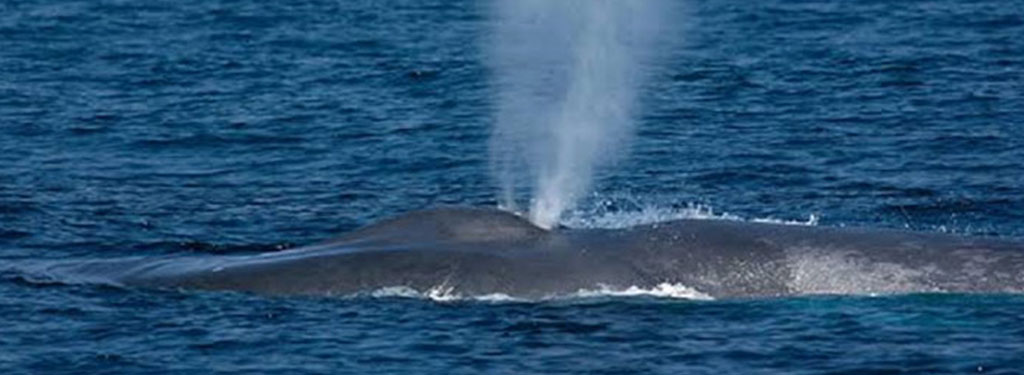Students of FPIK UNDIP Succeed to Find New Species Bryozoa Pleurocodonellina jeparaensis n. sp.

[et_pb_section fb_built=”1″ admin_label=”section” _builder_version=”4.3.2″ custom_padding=”0px||0px||false|false”][et_pb_row admin_label=”row” _builder_version=”4.3.2″ background_size=”initial” background_position=”top_left” background_repeat=”repeat” custom_margin=”0px||||false|false” custom_padding=”0px||0px||false|false”][et_pb_column type=”4_4″ _builder_version=”3.25″ custom_padding=”|||” custom_padding__hover=”|||”][et_pb_text admin_label=”Text” _builder_version=”4.3.2″ background_size=”initial” background_position=”top_left” background_repeat=”repeat” custom_padding=”0px||0px||false|false” hover_enabled=”0″] FPIK, SEMARANG – As an archipelagic country, Indonesia holds an extraordinary amount marine diversity and resources that has not much been studied. One of the least studied marine animal is Bryozoa. It […]
Undip Professor and Alor Researcher Find Evidence of the Upwelling Phenomenon in the Cetacean Passage, Alor Strait

[et_pb_section fb_built=”1″ _builder_version=”4.3.2″ custom_padding=”0px||0px||false|false”][et_pb_row _builder_version=”4.3.2″ custom_padding=”0px||0px||false|false”][et_pb_column type=”4_4″ _builder_version=”4.3.2″][et_pb_text _builder_version=”4.3.2″ text_orientation=”justified”] FPIK, SEMARANG – Senior oceanography researcher from the Faculty of Fisheries and Marine Science (FPIK) UNDIP, Prof. Agus Hartoko, and Doctoral candidate Jahved F. Maro from the Tribuana Kalabahi University (UNTRIB) have found evidence of a local phenomenon called “Cold Water” in the Alor Strait. […]
